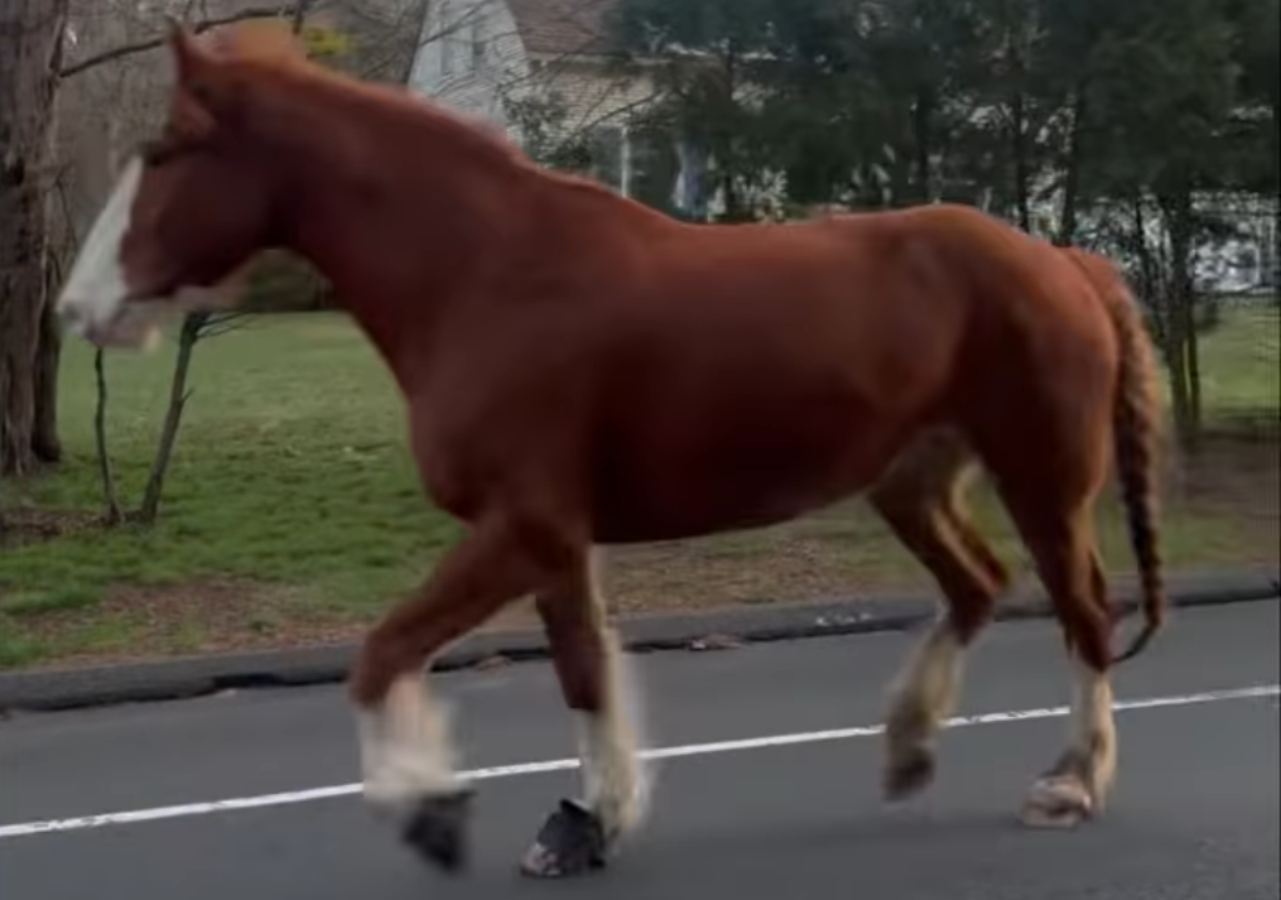As millions of people flock to movie theaters to see the new Steven Spielberg film “Lincoln,” it’s clear that the 16th president has a special relationship with Americans of every generation. That is especially so in New York.
Historian Harold Holzer paraphrased the lyrics of an old song about New York City: “If you can make it here, you can make it anywhere!”
Holzer told me Abe Lincoln made it here when it seemed most difficult. He had great obstacles to overcome as he set out to win the presidency and, ultimately, to win the Civil War.
The Mayor of New York was Fernando Wood, a Democrat who fiercely opposed many of Lincoln’s policies. New York was the scene of the draft riots, when many New Yorkers demonstrated against the conscription imposed by Lincoln. They didn’t want to fight what they regarded as Lincoln’s war to free the slaves. Irate New Yorkers, many of them Irish immigrants who feared being called up to fight, terrorized East Side neighborhoods. Blacks were attacked, an orphanage burned down. There were several lynchings.
It seems paradoxical that New York, which depended so heavily on the cotton trade with the south, was so vital to Abe Lincoln’s political success before the war began. For this city, except for a certain elite corps of Republicans and abolitionists, didn’t vote for Lincoln. Indeed, he lost here every time.
Lincoln was the candidate for president of the recently formed Republican Party -- and some of the most important Republican leaders lived here. Wood, the wily Democratic politician who ran New York, didn’t appeal to this new Republican hierarchy.
It was editor Horace Greeley and other Republican leaders who invited Lincoln to make a speech at Cooper Union in February, 1860, as the presidential campaign was beginning. The speech was a kind of tryout for Lincoln. Many Republican leaders were getting their first look at the 6-foot-four prairie lawyer and potential candidate.
Local
Lincoln was uneasy when he began his speech. But he gained confidence as he went along. And, at the end, he took the house by storm. His words on the basic issue, whether or not the government should allow slavery to be extended to new states, excited the crowd. He said that those who opposed secession should “not be slandered from our duty by false accusations against us, nor frightened from it by menaces of destruction to the government, nor of dungeons to ourselves.”
And then he made his basic case. “Let us have the faith that right makes might and in that faith let us to the end dare to do our duty as we understand it.” The audience burst into prolonged cheers.
Lincoln knew, in modern terms, that he had hit a home run. But, as Holzer pointed out to me, he was leaving nothing to chance. Lincoln went over to each newspaper office that evening and read the printed version of his speech. He wanted to be sure no errors were made in transcribing his remarks. And, indeed, the speech was sent across the country, published in pamphlets and distributed by the thousands. A photo of Lincoln taken in New York by Matthew Brady was also dispatched across the nation.
In the movie, Daniel Day-Lewis, according to Holzer, did a magnificent job in portraying Lincoln. An eyewitness said: “There was nothing impressive or imposing about him … his clothes hung awkwardly on his gaunt and giant frame. His face was of a dark pallor….his deep-set eyes looked sad and anxious.”
Lincoln was a big guy and he joked about his feet, that he had a hard time “getting blood down there.”
Holzer says he enjoyed watching Day-Lewis “stomping, shambling along,” as Lincoln did. Holzer thinks it was a brilliant performance.
Lincoln may have been maligned by Fernando Wood and outraged by the draft riots. But he always felt he owed a special debt to New York. He said: “Brady and the Cooper Institute made me President.”
Although he had a special relationship with New York Republicans, many New Yorkers didn’t reciprocate --- that is, until Lincoln was dead. His funeral procession here was the greatest, Holzer says --- up to that day --- in New York’s history. The assassination had stunned New Yorkers and their attitude changed. They turned out by the tens of thousands to mourn him. And an ode, composed that morning by William Cullen Bryant, was read at the ceremony:
“ In sorrow by thy bier we stand,
“ Amid the awe that hushes all,
“And speak the anguish of a land
“That shook with horror at thy fall.”



